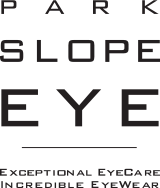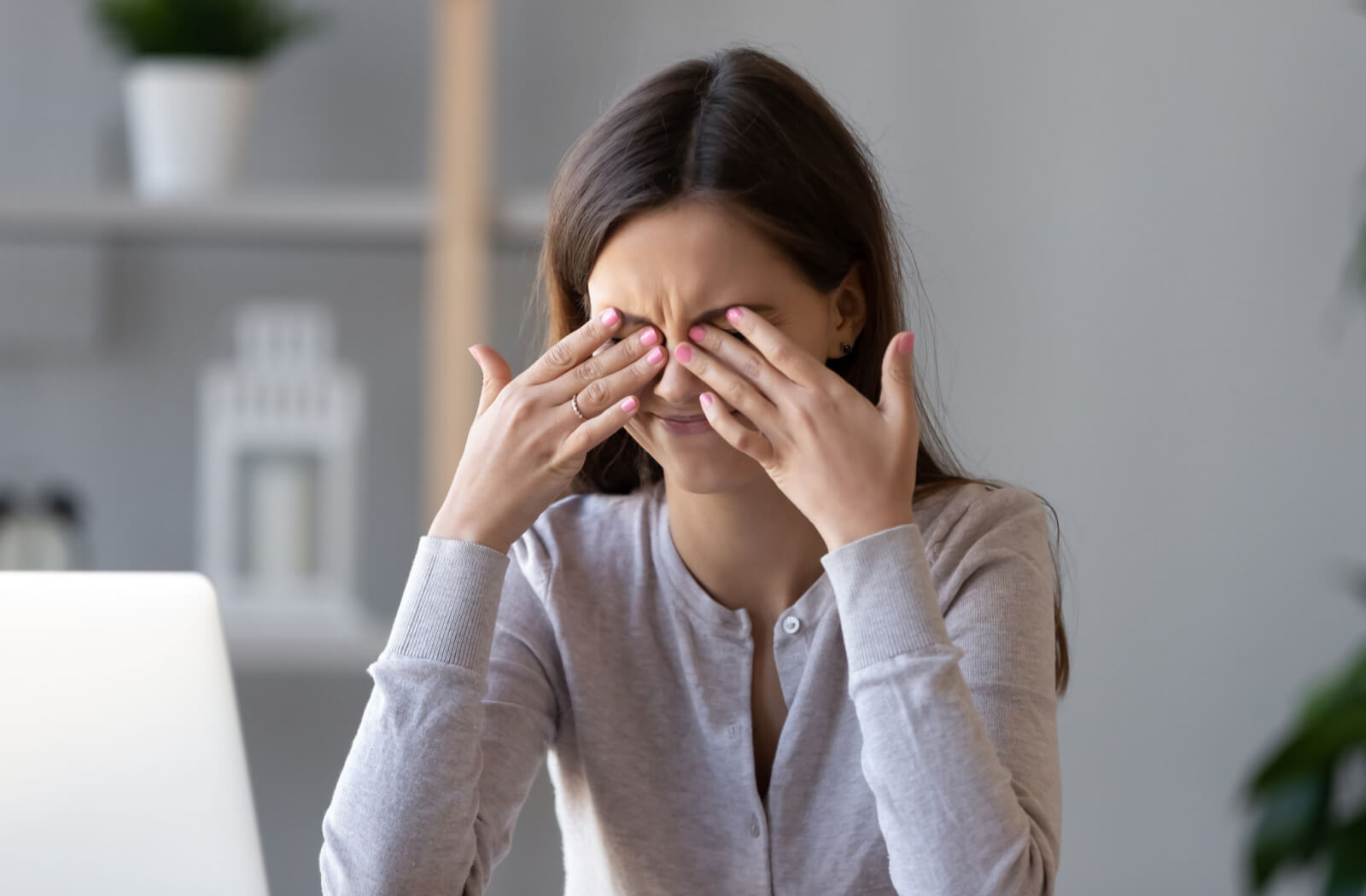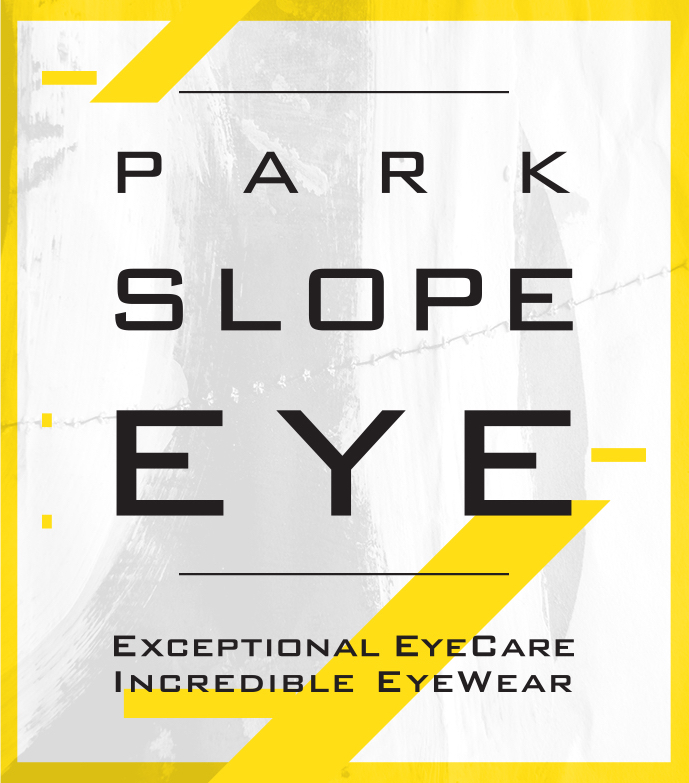It’s possible that at some point in your life, you may have experienced dry eyes and headaches—it’s possible your dry eye and headaches could be linked if they happen at the same time.
Comprehensive eye exams can help diagnose dry eyes and provide dry eye therapy treatment options for relief, which can address the underlying cause of mild to severe cases of dry eyes.
Dry eyes and headaches can share similar causes and symptoms. While there is a lack of evidence of dry eyes causing headaches, a clinical study shows the presence of dry eyes was higher in patients with migraines. Migraines are headaches with varying intensity.
In this blog, we’ll explore dry eye syndrome, also called dry eye disease, its symptoms and causes, its connection to headaches, and how treatment and prevention can help.
Dry Eye Syndrome
Tears are essential for lubricating your eyes, protecting them from foreign materials, and reducing the risk of eye infections. When your eyes produce insufficient or poor-quality tears that evaporate too quickly, it can result in dry eye syndrome.
Symptoms of dry eye can include:
- Stinging, burning, or scratchy sensation
- Grittiness or the feeling of sand in the eyes
- Redness
- Sensitivity to light
- Excessive tearing or watery eyes
- Blurred vision
Symptoms of headaches include head pain and vision-related symptoms, similar to dry eyes, such as sensitivity to light and pain around the eyes.
Causes of Dry Eye Syndrome
There are several causes of dry eye syndrome, with some affecting tear production. Age, gender, and conditions that cause inflammation are risk factors for developing dry eyes.
Other causes can include:
- Use of medications such as antihistamines, antidepressants, and blood pressure medication.
- Environmental factors include smoke, irritants, and dry climates.
- Long-term contact lens wear.
- Long hours in front of a computer screen
- Medical conditions like Sjögren’s syndrome, rheumatoid arthritis, diabetes, and thyroid problems.
Blocked meibomian glands can lead to an imbalance in the oily layer of the tear film, resulting in your tears evaporating too quickly.
How Are Dry Eyes & Headaches Linked
Many studies have been completed to determine the link between dry eye and headaches.
A study on the particular relationship between dry eyes and headaches suggests that patients with migraine headaches are more likely to have dry eye disease than the general population. A separate study suggests both dry eyes and migraines stem from inflammation.
Yet another study suggests people with migraines may have a different ocular structure compared to people who don’t have migraines and dry eye symptoms are more prevalent in that population.
Dry eye disease and headaches can have different causes but also share common causes, such as:
- Certain prescription medications
- Eye structure
- Injury or illness
They also share common symptoms, including:
- Sensitivity to light
- Back or neck pain
- Discomfort in, around, or behind the eyes
Dry Eye Treatment
When dry eye and headaches share the same trigger, treating one may help relieve the other.
For example, sitting in front of the computer for long hours can cause eye strain, dry eyes, neck and shoulder pain, and headaches. Taking regular breaks and blinking more often can bring relief from dry eyes and headaches.
Other treatments for dry eye syndrome can include:
- A humidifier to increase the moisture in the air.
- Preservative-free artificial tears to increase lubrication.
- Prescription eye drops to increase tear production and decrease inflammation.
- Meibomian gland expression to help release hardened oil.
- Switching to contact lenses that retain more moisture.
- Treating underlying causes.
Preventing Dry Eyes
There are measures you can take to prevent or reduce dry eye symptoms:
- Wear sunglasses outdoors to protect your eyes against the elements.
- Take nutritional supplements and vitamins. Always consult your eye doctor before taking these.
- Limit screen time.
Dry Eye Relief at Park Slope Eye
Dry eyes and headaches are conditions that can affect your quality of life. Contact the team at Park Slope Eye to help you find relief from these uncomfortable conditions. Contact us or book an appointment to learn more about our treatment options.









